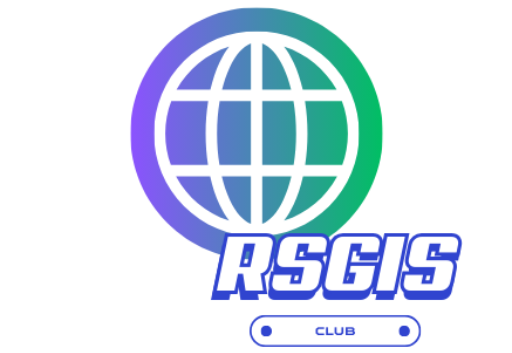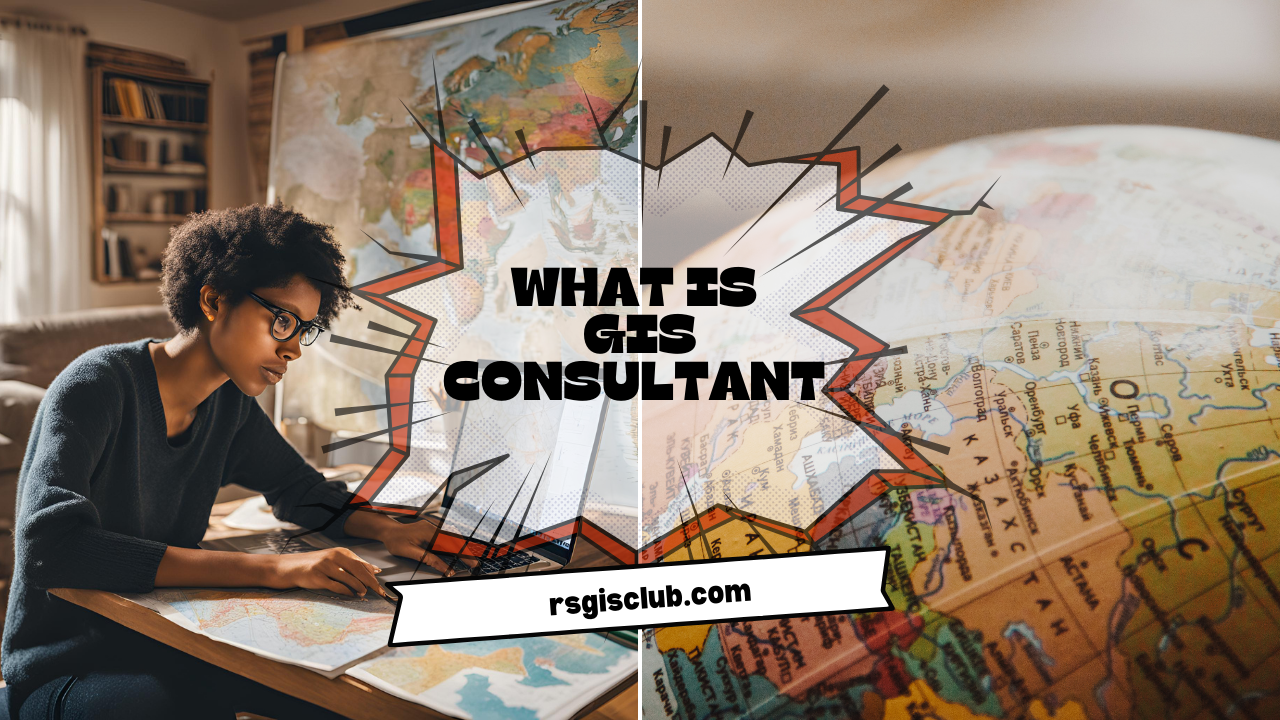Geographic Information Systems (GIS) have become an essential tool for solving complex spatial problems across industries. At the heart of this technology is the GIS consultant, a professional who bridges the gap between data and actionable insights. But what exactly does a GIS consultant do, and why should you consider hiring one? Let’s dive into the role, responsibilities, and benefits of GIS consulting services.
What Does a GIS Consultant Do?
A GIS consultant is a specialist who uses Geographic Information Systems to analyze, visualize, and interpret spatial data. Their work helps organizations make informed decisions by turning raw data into meaningful maps, models, and reports. Whether it’s optimizing logistics, managing environmental resources, or planning urban development, a GIS consultant plays a pivotal role in solving real-world problems.
The role of a GIS consultant varies depending on the industry and project. They may design custom mapping solutions, conduct spatial data analysis, or develop GIS-based tools to improve decision-making. From disaster management to business strategy, their expertise is invaluable in addressing challenges that require a geographic perspective.
GIS Consultant Responsibilities and Skills
The GIS consultant job description typically includes:
- Collecting, analyzing, and interpreting spatial data.
- Creating detailed maps and visualizations.
- Developing GIS tools and applications.
- Collaborating with stakeholders to understand project requirements.
- Providing insights for decision-making in areas like urban planning, environmental management, and logistics optimization.
To excel in this role, a GIS consultant needs a mix of technical and soft skills. Key GIS consultant skills include proficiency in GIS software (like ArcGIS or QGIS), data analysis, programming (Python, SQL), and problem-solving. Strong communication skills are also essential, as they often work with non-technical stakeholders to explain complex findings.
GIS Consulting Services: Industries and Applications
GIS consultants work across a wide range of industries, offering tailored GIS consulting services to meet specific needs. Some common applications include:
- Urban Planning: Designing sustainable cities by analyzing land use, infrastructure, and population growth.
- Environmental Management: Monitoring natural resources, tracking deforestation, or assessing climate change impacts.
- Disaster Management: Mapping risk zones, coordinating emergency responses, and planning recovery efforts.
- Logistics Optimization: Improving supply chain efficiency by analyzing transportation routes and delivery networks.
- Business Decision-Making: Using spatial data to identify market trends, optimize locations, and enhance customer targeting.
GIS Consultant vs GIS Analyst: What’s the Difference?
While both roles involve working with spatial data, there are key differences between a GIS consultant and a GIS analyst. A GIS analyst typically focuses on data processing and analysis, often working within a specific organization. In contrast, a GIS consultant operates at a higher level, providing strategic advice, managing projects, and delivering customized solutions for clients across industries.
Why Hire a GIS Consultant?
Hiring a GIS consultant offers numerous benefits:
- Expertise: They bring specialized knowledge and experience to tackle complex spatial challenges.
- Cost-Effectiveness: Outsourcing GIS needs can be more affordable than maintaining an in-house team.
- Innovation: GIS consultants leverage the latest tools and technologies to deliver cutting-edge solutions.
- Efficiency: They streamline processes, saving time and resources while improving outcomes.
Whether you’re a government agency, a private company, or a non-profit organization, a GIS consultant can help you harness the power of spatial data to achieve your goals.
How to Become a GIS Consultant
If you’re considering a GIS consultant career, here’s a roadmap to get started:
- Education: Earn a degree in geography, environmental science, GIS, or a related field.
- Technical Skills: Master GIS software, data analysis, and programming languages.
- Experience: Gain hands-on experience through internships, projects, or entry-level roles.
- Certifications: Consider obtaining certifications like Esri’s GIS Professional (GISP) to boost your credentials.
- Networking: Connect with industry professionals and stay updated on the latest trends and tools.
GIS Consultant Salary and Career Outlook
The demand for GIS consultants is growing as more industries recognize the value of spatial data. According to recent data, the GIS consultant salary ranges from 60,000to60,000to100,000 annually, depending on experience, location, and industry. With opportunities in fields like urban planning, environmental management, and disaster response, a career as a GIS consultant is both rewarding and impactful.
Case Studies: Real-World Impact of GIS Consulting
- Urban Planning: A GIS consultant helped a city government redesign its public transportation system, reducing commute times by 20%.
- Disaster Management: During a hurricane, a GIS consultant mapped evacuation routes and resource distribution centers, saving lives and minimizing damage.
- Logistics Optimization: A retail company hired a GIS consultant to analyze delivery routes, cutting fuel costs by 15%.
Conclusion
From mapping solutions to spatial data analysis, the role of a GIS consultant is vital in today’s data-driven world. Whether you’re looking to hire a GIS consultant or pursue a career in this field, the opportunities are vast and impactful. By leveraging the expertise of a Geographic Information Systems consultant, organizations can make smarter decisions, solve complex problems, and drive innovation.

